How to Use The Most Popular Essential Oils for Your Skin



Cortney Clift

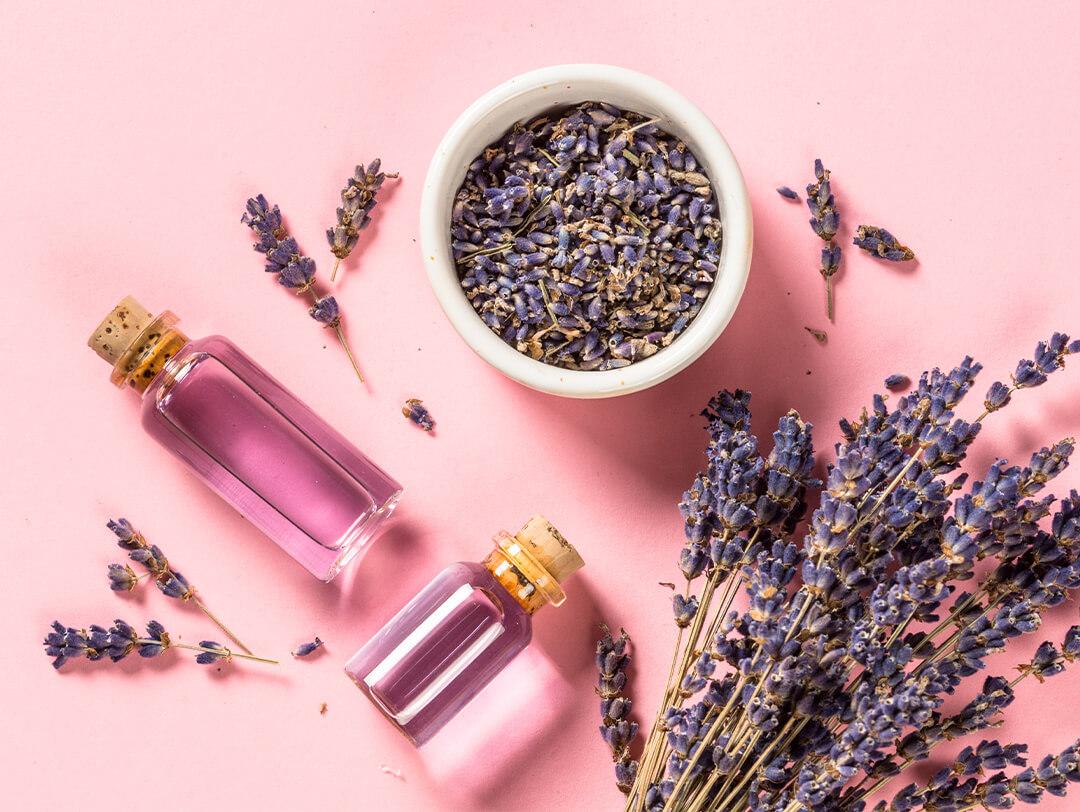
Natural skincare is buzzing lately, and as more and more people shift towards a natural skincare routine, essential oils are having a major moment in the beauty world. These concentrated, plant-derived extracts come with a slew of health and aromatherapy benefits. They’re effective, holistic, and affordable, and these powerhouse oils can transform your skin when applied topically. Depending on which essential oil you use, they can help control oil production, fight blemishes, reduce the appearance of fine lines and wrinkles, and more. "When applied properly, essential oils can be incorporated into your skincare routine to optimize the benefits,” says Vishal Saggar, a dermatologist at the New York Dermatology Group. "Essential oils may also enhance the effects of other skincare products and serums by improving their absorption through the skin."
So how should you use essential oils? They’re surprisingly easy to incorporate into your routine. But take note: Whenever you use an essential oil that is not already formulated into a skincare product, you must make sure it's diluted in a carrier oil. A carrier oil can be anything from almond oil to coconut oil to jojoba oil. Essential oils are extremely potent and can irritate the skin if they're not diluted before they're applied directly to the skin. "Some essential oils, such as coconut oil, can be comedogenic and clog your pores," Saggar says. "Therefore, it is important to think about where on your body you are using a particular essential oil. When trying out any new skincare product, a good rule to follow is to apply it only to a small area of skin to see how you react prior to incorporating it into your daily routine." This is often referred to as "a patch test" and can help to avoid any sort of allergic reaction."
Now that you’ve got the 411 on what essentials are, let’s dive into 10 popular essential oils for every skin type and skin concern. Read on to discover more about these natural products and how to best go about using them.
It's about glam time you treated yourself.
Join IPSY

MEET THE EXPERT
Vishal Saggar, MD, is a dermatologist at the New York Dermatology Group. He is also an active clinical assistant professor of dermatology at New York Presbyterian and Weill Cornell.
1. Best for soothing skin: Chamomile essential oil
This essential oil is famous for its extremely soothing benefits—both for the body and the mind. The anti-inflammatory and calming properties can be particularly effective when used in a natural ointment to help soothe sore muscles or joint pain. Those same properties can also be used to treat and calm skin conditions like acne, eczema, rashes, and rosacea. Overall, chamomile can help to balance and boost the appearance of healthy-looking skin.
How to use it: Try adding one to two drops of chamomile essential oil to your favorite facial or body moisturizer. You can also try mixing a few drops of chamomile oil to a warm bath. This technique can be particularly great if you're looking to use the oil to soothe sore joints or muscles.
2. Best for acne-prone skin: Ylang ylang essential oil
Extracted from the fresh flowers of the native Indonesian Cananga odorata tree, ylang ylang has antiseptic, antibacterial, and anti-inflammatory properties that make it great to use on acne-prone skin. In addition to purifying, it can also help balance sebum (oil) levels in the skin.
How to use it: To reap the benefits of this essential oil, try mixing a drop into your daily moisturizer or your favorite toner.
3. Best for scalp health: Rosemary essential oil
This woodsy-scented essential oil has strong antiseptic and anti-inflammatory properties, and may also help to improve circulation. Increased circulation is also very beneficial for scalp health. This can help with hair loss, hair growth, and even treating dandruff. If you're not directly experiencing any of these issues, it can still help to keep the scalp balanced, happy, and healthy.
How to use it: To use rosemary essential oil as a scalp treatment, mix a few drops with a carrier oil of your choice and massage the oils directly onto the scalp. Allow it to soak in for 10-15 minutes before rinsing. You can also try adding a drop to your favorite hair oil for lasting benefits throughout the day.
4. Best for irritated skin: Tea tree essential oil
Tea tree oil is perhaps the most famous essential oil in the skincare industry, and it’s a topical powerhouse. This essential oil comes packed with antimicrobial benefits that can help to calm breakouts without drying out the skin. It can also help to soothe inflamed and irritated skin, and conditions like eczema and psoriasis. It is also frequently used to combat dandruff.
How to use it: When applying tea tree oil to the skin, dilute it in a carrier oil of your choice. If using it on the scalp, you'll still want to dilute it in a carrier oil before applying it. Massage the mixture into the scalp, then allow it to sit for 15-30 minutes before rinsing and shampooing.
5. Best for boosting glow: Geranium essential oil
If you're after radiant, glowing skin (who isn't?) this essential oil could become your new secret weapon. While it's not discussed nearly as often as something like tea tree oil, geranium can help to remove dead skin cells and boost cell renewal to promote a glowing, youthful-looking complexion.
How to use it: Add a drop of geranium oil to your daily facial moisturizer to boost your glow. You can also try applying a drop to a facial oil.
6. Best for dry skin: Neroli essential oil
This delightfully orange-scented oil is a great way to add an invigorating sensory boost to your daily skincare routine. Like geranium, neroli can also help to boost cell renewal so it’s a good anti-aging ingredient. This regenerative oil (which is safe to use on sensitive skin) can also help to minimize the appearance of stretch marks and scars. Another thing we love about neroli? It’s unique in that it has hydrating benefits and can help to soften skin and lock in essential moisture. When applied topically, it can act as a protective barrier to keep skin moisturized and radiant.
How to use it: To use neroli to hydrate, try mixing a few drops with your favorite body oil for a naturally orange-scented moisturizer. You can also mix it with your favorite facial oil or facial moisturizer to boost hydration and glow.
7. Best for skin healing: Sandalwood essential oil
You're probably used to seeing sandalwood noted as a scent in perfumes and candles, but this earthy essential oil has more than great aromatherapy benefits. When applied topically, it can help with wound healing. The ingredient's antiseptic properties can also help to treat acne and rashes, and can help calm itching and inflammation. In the summer, you can even try using it to soothe a sunburn.
How to use it: Dilute a drop of sandalwood oil into a carrier oil of your choice and apply it to the area of skin you're looking to treat. Adding a few drops to a bath can also help soothe skin (and create a delightful aromatic experience).
8. Best for dark spots: Lavender essential oil
This multitasking essential oil has a host of benefits thanks to its anti-inflammatory and antioxidant properties. Lavender oil is great for helping to fight blemishes and protect against free radicals. When used as a spot treatment or toner, it can also help to even skin tone and fight hyperpigmentation for an even, glowing complexion.
How to use it: To clear up a breakout in record time, apply lavender as a toner by mixing a few drops of lavender essential oil with witch hazel.
Note: If you tend to have allergic reactions to plant-based ingredients, Saggar suggests to take extra precaution when using lavender essential oil. "One Australian study published in July of 2019 found that 2.2% of study subjects tested positive for a skin reaction to lavender," he says.
9. Best for oily skin: Frankincense essential oil
Frankincense is a natural astringent, making it a great choice for those with oily skin. Oily skin? This ingredient can potentially help to remove excess oils and regulate the production of sebum. It is also a cytophylactic properties, meaning it can promote the regeneration of healthy cells while keeping the existing cells and tissues healthy.
How to use it: Try mixing a drop with your favorite toner or serum to really reap the oil-controlling benefits.
10. Best carrier oil: Jojoba
While jojoba isn't technically an essential oil or even an oil at all (it's a wax ester), we're including it on this list because it makes for an ideal carrier "oil" for all the essential oils listed above. "Through its high wax ester content, jojoba can be highly effective at moisturizing the skin," Saggar says.
This oil closely mimics sebum, the skin's natural oil so it absorbs seamlessly into the skin and won't clog pores. It's also hypoallergenic and even comes with its own set of skin benefits: Jojoba oil can help to control oil production, fight acne, promote collagen production, and soothe irritated skin.
Have you tried any of these essential oils? Let us know @IPSY
Want in on all the Glam Bag fun? Take our Beauty Quiz now to get started. Already an Ipster? Refer your friends to earn points, which you can use toward products. Either way, don’t forget to check us out on Instagram and Twitter @IPSY.
Liked this post? Share!
Related Stories
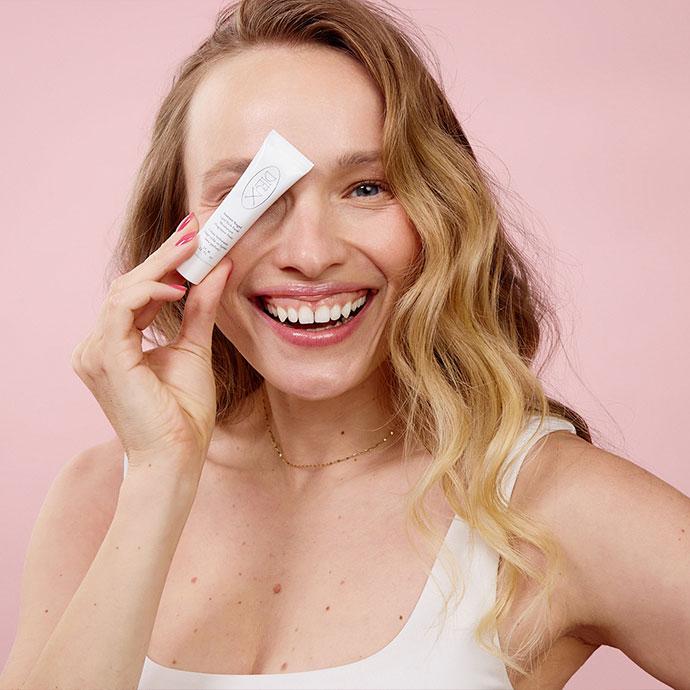
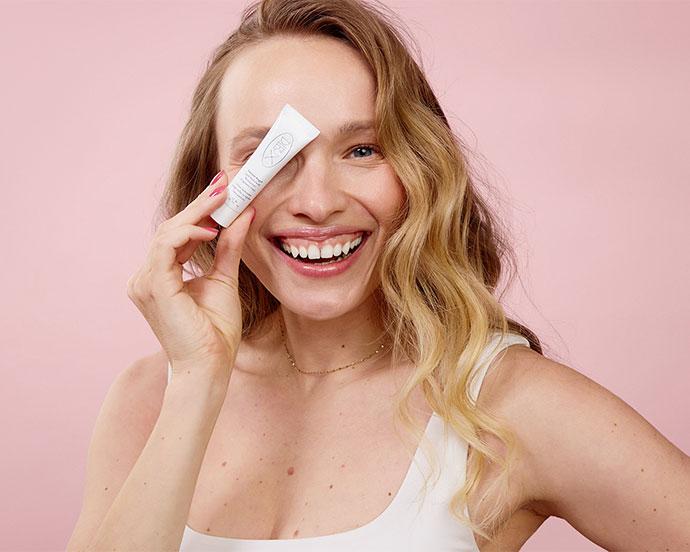
Skin
The No-BS Skincare Movement Starts With DIEUX SKIN
Published on Jan 27, 2026 • 4 min read

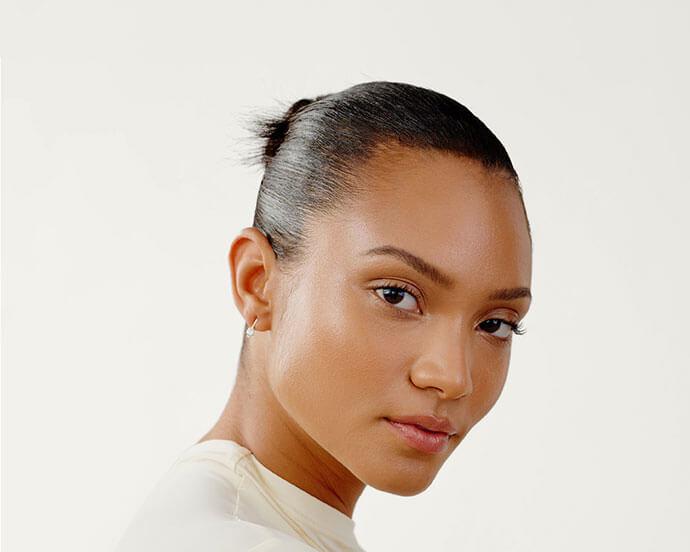
Skin
Skinimalism Is the Ultimate Stripped-Back Skincare Trend
Published on Jan 22, 2026 • 6 min read


Skin
Spring Is Coming—Is Your Skincare Ready?
Published on Jan 15, 2026 • 4 min read
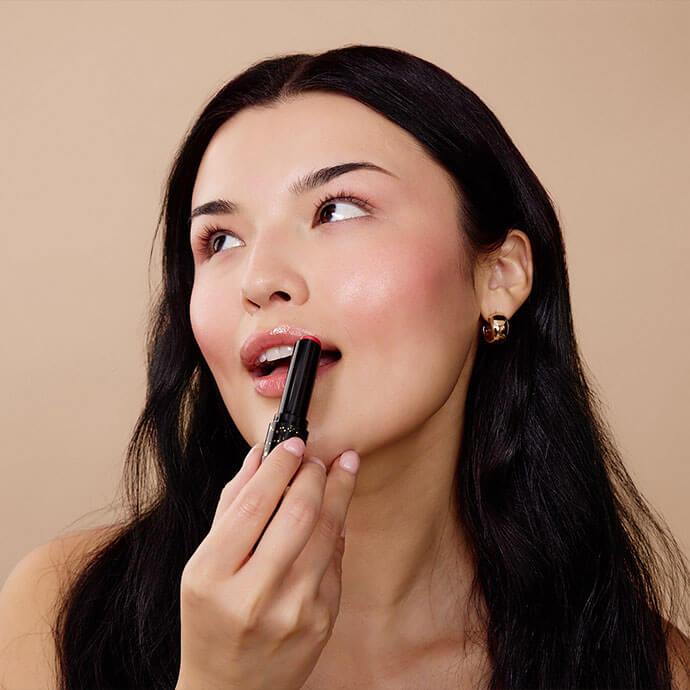
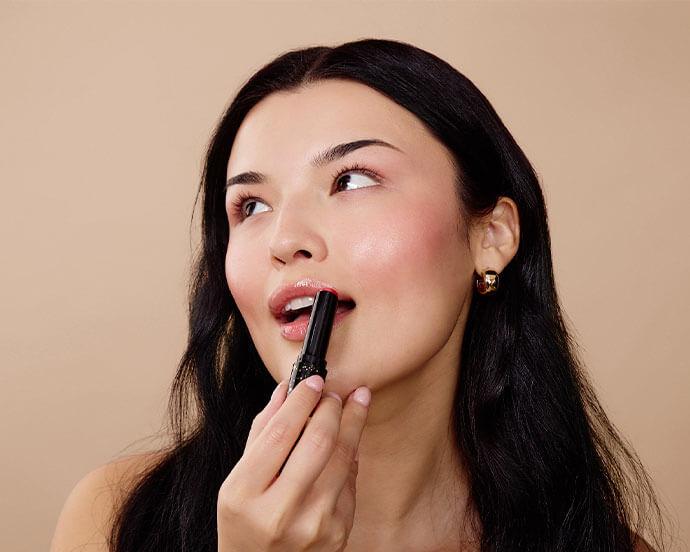
Skin
The Hydration Sandwich Trend Will Save Your Dry Lips This Winter
Published on Jan 13, 2026 • 4 min read


Skin
What Is the Skin Barrier & Why Is Everyone Talking About It?
Published on Jan 12, 2026 • 6 min read


Skin
The New Year Is the Perfect Time to Get Ahead of Inflammaging
Published on Dec 15, 2025 • 8 min read


Skin
How to Adjust Your Skincare Routine for Mature Skin in the Winter
Published on Dec 4, 2025 • 7 min read


Skin
10 Thanksgiving Foods That Will Have Your Skin Coming Back for Seconds
Published on Oct 15, 2025 • 7 min read


Beauty Picked Just for You
Get 5 products worth up to $70
Plus exclusive access to epic deals up to 80% off
Starting at just $14/month. Cancel anytime.